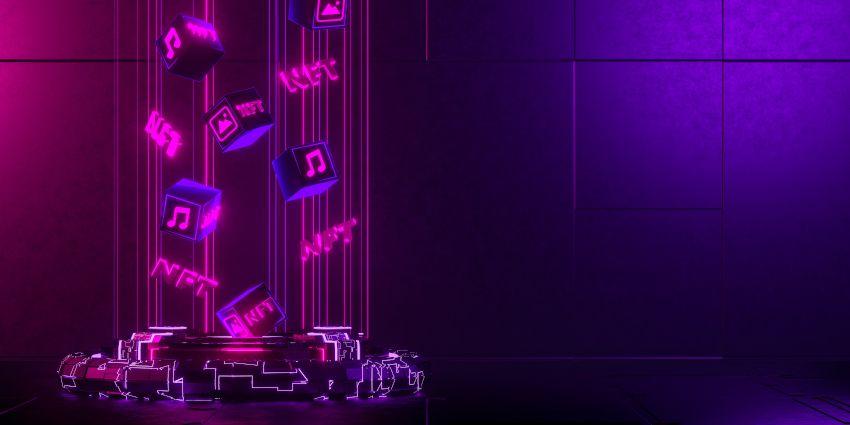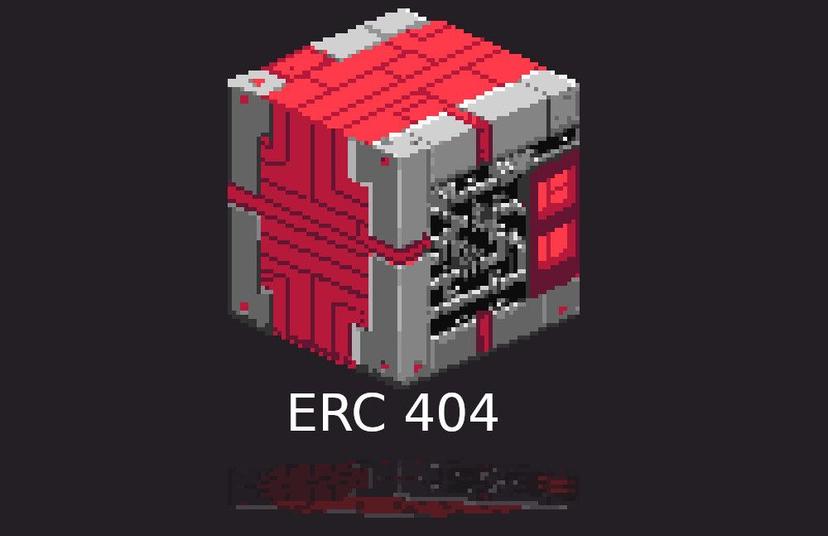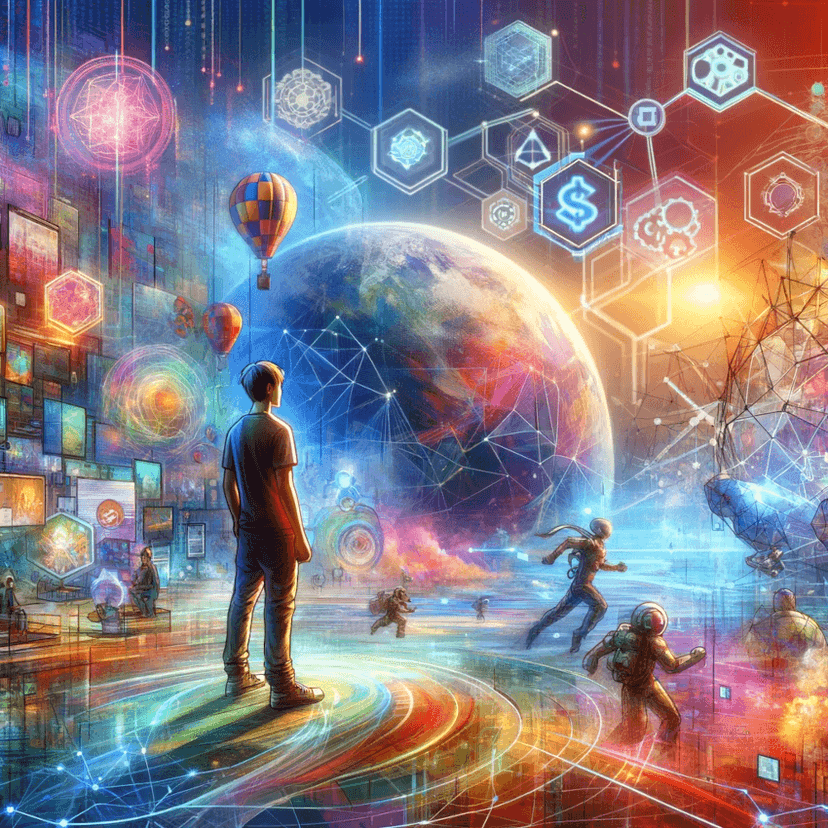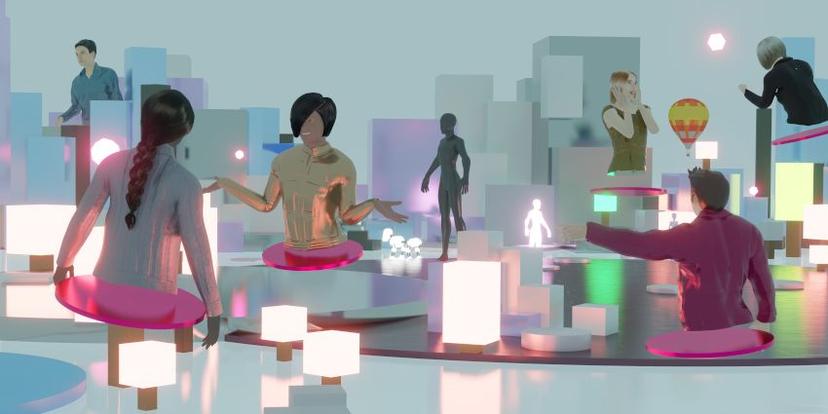Published August 7, 2023

The digital age has ushered in a plethora of advancements, with AI-generated music being one of the most intriguing. This technology, while offering groundbreaking avenues for creativity, also presents an existential question for artists: In a world where machines can mimic human creativity, how do musicians assert the authenticity of their craft?
The Rise of AI-Generated Music
In April 2023, Oana Ruxandra, Warner Music Group's Chief Digital Officer, voiced her enthusiasm for AI-driven music tools. She envisions these tools birthing novel creative expressions and sub-genres, heralding a transformative impact on the music and entertainment sectors. Yet, she also recognized artists' apprehensions about safeguarding their creative integrity and rights.
A testament to the power and potential pitfalls of AI in music was the AI-generated deep-fake track, "Heart On My Sleeve". This track, which mimicked the iconic voices of Drake and the Weeknd without their involvement, stirred significant debate and drew Universal Music Group's ire.
Yet, not all reactions to AI in music have been negative. Electropop sensation Grimes, for instance, encouraged fans to craft AI-generated tracks using her vocals, even proposing a 50/50 royalty split, showcasing an innovative approach to AI's challenges.
NFTs: The Shield of Authenticity
Enter NFTs, or non-fungible tokens. These blockchain-based digital assets are revolutionizing the way we perceive ownership and authenticity in the digital realm. For musicians, tokenizing songs as NFTs isn't just a trend; it's a protective measure. By doing so, they can unequivocally prove that their music is genuine and that they are its original creators.
Once a song is tokenized as an NFT, it's etched into the blockchain—a decentralized and immutable digital ledger. This ensures that the song remains unaltered, preserving its original essence for posterity.
Beyond Authenticity: Monetizing Music in the NFT Age
But the benefits of NFTs aren't limited to just authenticity. They also offer musicians a novel way to monetize their art. As unique digital assets, NFTs can be sold, traded, or auctioned on various online platforms. This direct-to-fan model allows artists to bypass traditional intermediaries, fostering a closer bond with their audience. Moreover, it paves the way for innovative revenue streams, ensuring artists can thrive financially in a dynamic industry landscape.
The Web3 Resonance and AI Music Tools
In the Web3 realm, the fusion of AI with immersive, user-driven experiences in the metaverse is gaining traction. Crypto-native musicians and platforms, such as VNCCII and PIXELNYX, are pioneering this integration, offering fans unprecedented, immersive experiences.
WarpSound, an avant-garde AI music platform, intertwines blockchain-based NFTs and digital avatars. Their upcoming API, which crafts music in diverse styles, has garnered attention from industry giants like Mastercard, Tribeca Film Festival, and YouTube.
Furthermore, AI expedites music composition and arrangement for diverse projects, from metaverse events to Web3 video games. Platforms like Riffusion and Soundful empower users to produce music from text cues, while tools like ChatGPT can swiftly churn out song lyrics.
In Conclusion
The intersection of AI-generated music, NFTs, and Web3 is reshaping the music industry's contours. As AI continues to blur the lines of creativity, NFTs stand as a beacon of authenticity. For musicians navigating this brave new world, tokenizing their work as NFTs is not just a choice—it's a necessity. It's a testament to their originality, a nod to their legacy, and a bridge to innovative monetization avenues.
Want to stay on top of the latest? Join the BlockSpan community Discord and sign up for our newsletter here.



